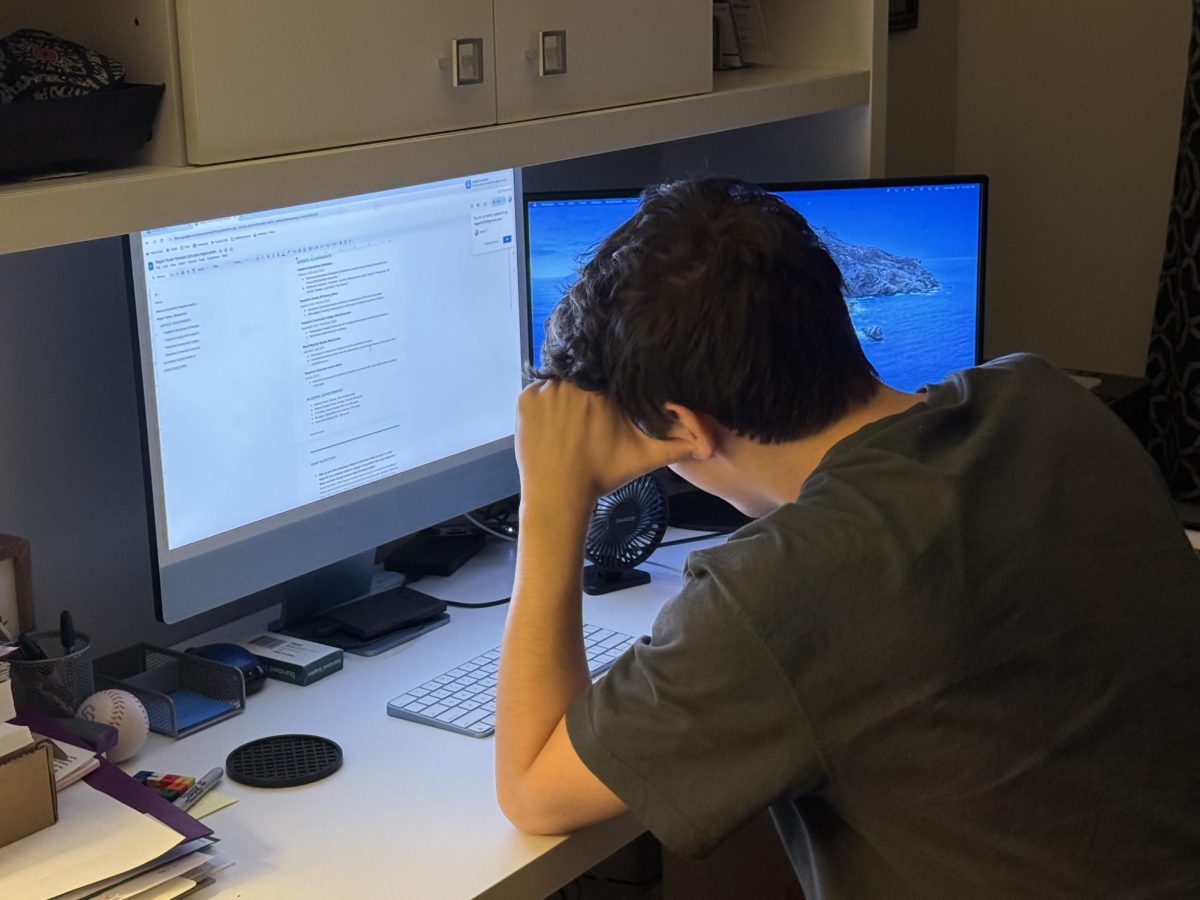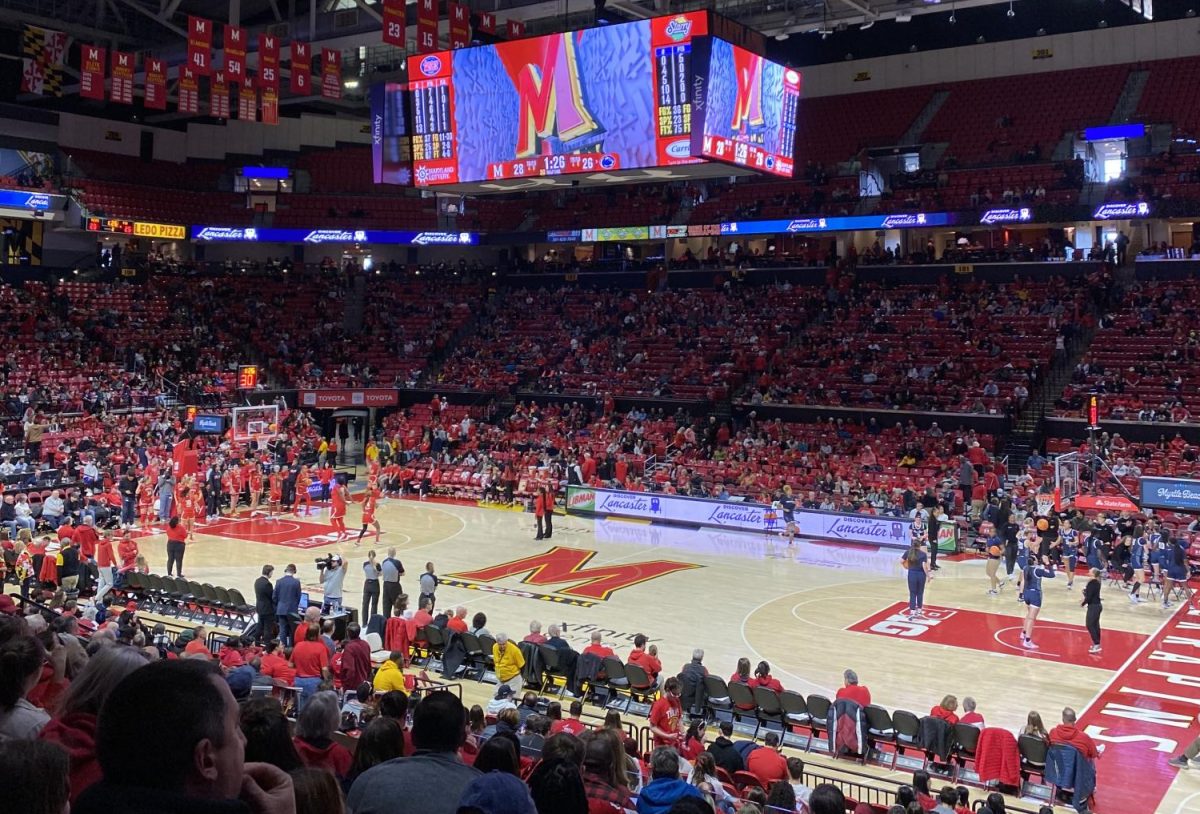Mental health problems among students saw a massive spike in 2020 when students were quarantined in their homes due to the coronavirus (COVID 19). Anxiety and depression became commonplace and it hasn’t just disappeared in the four years since. Despite the growing demand, the resources and infrastructure that help with these issues have not kept up.
Talking about mental health is still treated as taboo by many people and this causes many students to keep their issues to themselves. This causes a lack of knowledge when it comes to what students are actually going through and makes it harder for them to get the help they need.
LHS Department Chair of Student Services Jessica McDonald talked about what she most often sees when a student is looking for someone to talk to.
“Sometimes it really depends on who they [students] are comfortable with. A lot of times students I know will seek out a teacher that they have a good relationship with. Ultimately, depending on what the concern is, that teacher is probably going to refer them to their counselor,” said McDonald.
The reason that teachers often refer students to counselors is because teachers just don’t have enough time to help every student that comes to them on top of all the work they already have.
LHS Student counselor Christopher O’Brien talked about his role in helping students get through mental health issues.
“I would say most of that starts with a conversation with a counselor and trying to assess that student’s needs, whether they have participated in any outside services like therapy,” O’Brien said. “We could certainly serve as a resource for those students, but not really long term. It’s going to require more assistance outside of our capacity.”
If it’s decided that the student would benefit from outside assistance then they will be connected with Linganore’s Community Agency Schools Services (CASS) coordinator
LHS CASS Coordinator Meghan Egerton talked about her main role and some of the services that she helps provide to students.
“We are all licensed clinical social workers. We don’t provide direct service to students, but we link them to community resources,” Egerton said. “A big part of our role is a behavioral health partnership that we have with a bunch of agencies that are then approved to come in and provide therapy in our school. We manage those partnerships, train the therapists and train staff.”
The common thread through all of this is that no matter what path a student takes, whether it be talking to a teacher or going straight to a counselor, they are just going to get thrown to the next person. All the staff members in the school are already working on so many things that helping multiple different students at the same time is just unreasonable.
Even after getting connected with an outside resource through a CASS coordinator, students are still finding it nearly impossible to find the help they need. Many of the outside agencies that provide therapy to students have full waitlists, which make it nearly impossible to call and get an appointment.
“I’m telling parents that they need to get on multiple waitlists and then call back to check in [to see if a spot has opened up],” Egerton said. “I think that’s probably the most difficult part of my job: meeting with a student who is ready and willing to get support, but then they have to wait in order to access services.”
Easy access to help is very important when it comes to mental health, and if students have to jump over hurdles just to get the help they need, then they probably won’t even try in the first place.
School therapists whose primary goal is to help with mental health issues would greatly support the many students who are in need of quick and easy access to mental health care.
Mental health is often pushed under the rug due to the fact that it is often misunderstood and the effects of it are hard to notice. But that doesn’t stop the fact that it is a massive problem and ignoring it will only make it worse.
If you are having a mental health crisis and need help, Frederick County has a Mental Health Associations walk-in clinic located at 340 Montevue Lane, Frederick, MD 21702. They have crisis specialists ready to help people get through any problems, whether it be emotional, mental or family related. It is available at no cost to clients and is available 24 hours a day, 7 days a week.







